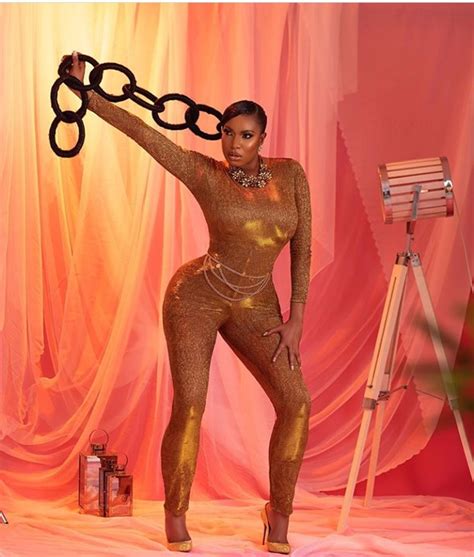A Quote by Bill Bryson
The basic challenge of any book is you know you're going to be working on it for three or four years or more. So you want to have a subject that will keep you engaged.
Related Quotes
The challenge CEOs will face three to five years from now is the same one that they face today. That is engagement. It's hard to keep people engaged in what they are doing. As this generation grows up around social media like Twitter where things are 140 characters, how do you keep them engaged all hours every day at work? How do you keep them focused on the big goals you have?
Now, everybody knows the basic erogenous zones. You got one, two, three, four, five, six, and seven. ... OK, now most guys will hit one, two, three and then go to seven and set up camp. ... You want to hit 'em all and you wanna mix 'em up. You gotta keep 'em on their toes. ... You could start out with a little one. A two. A one, two, three. A three. A five. A four. A three, two. Two. A two, four, six. Two, four, six. Four. Two. Two. Four, seven! Five, seven! Six, seven! Seven! Seven! Seven! Seven! Seven! Seven! Seven! Seven! Seven! [holds up seven fingers]
When I want to tackle a story or a subject, I always ask myself three questions: Is it important to talk about that? Will it interest other people than just me? Can I live with that for three or four years because that's how long it takes to do the project, to write the script, and to direct it, and then to do this.
What I do is work for three or four years and then I take a year off, and then I come back again and work for three or four years and then take another year off. It is not about just working and then writing for a year. That is not how it is structured. It is about doing very conscious goal-driven activities for four years and then taking a year off in complete surrender to discover facets of myself that I don't know exist and exploring interests with no commercial value associated with them at all.
One of the problems with industrialism is that it's based on the premise of more and more. It has to keep expanding to keep going. More and more television sets. More and more cars. More and more steel, and more and more pollution. We don't question whether we need any more or what we'll do with them. We just have to keep on making more and more if we are to keep going. Sooner or later it's going to collapse. ... Look what we have done already with the principle of more and more when it comes to nuclear weapons.






































